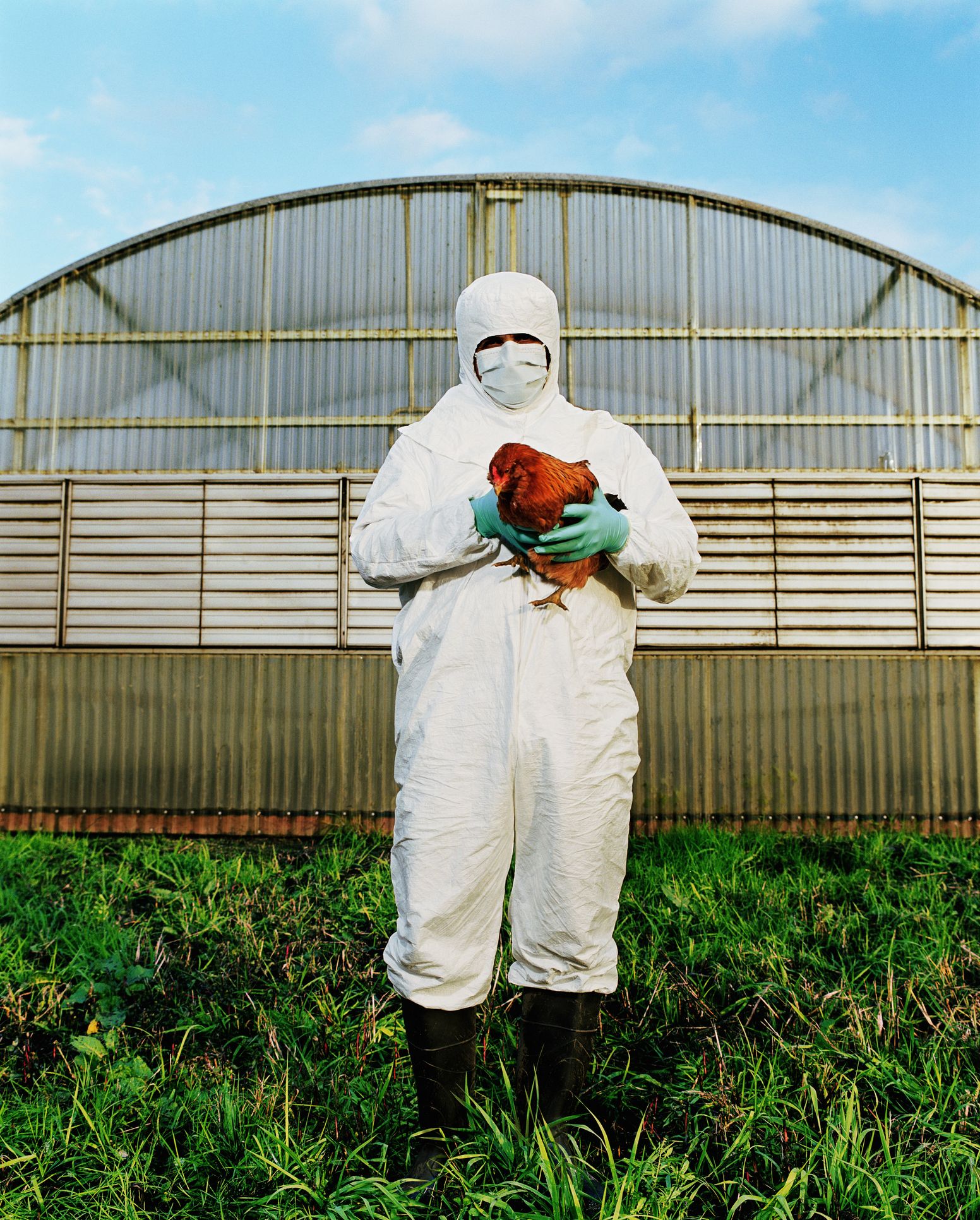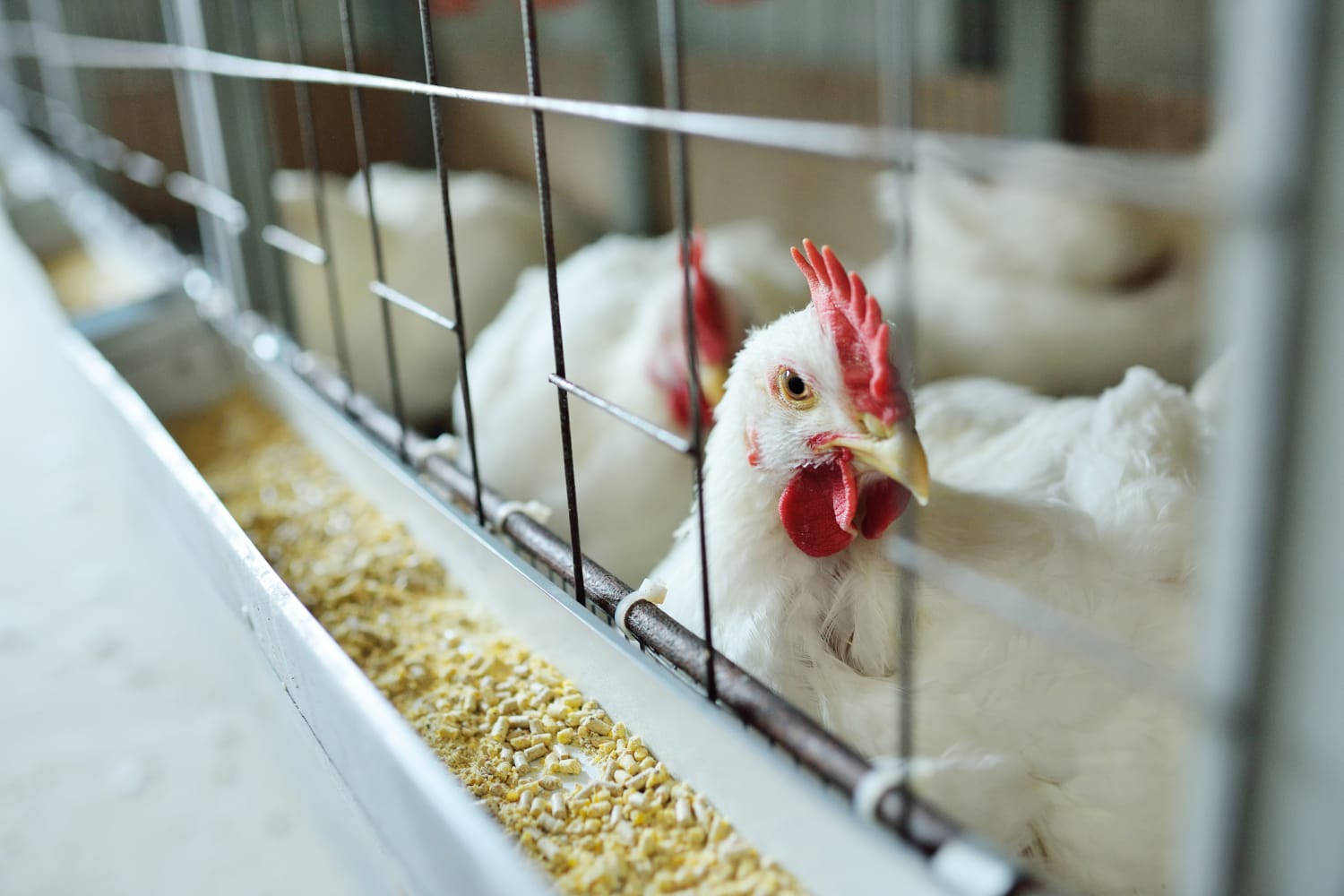A Michigan farmworker has been diagnosed with bird flu, according to a statement from state health officials on Wednesday. This marks the second human case associated with the current outbreak among U.S. dairy cows. The patient, who had contact with presumed infected cows, experienced mild symptoms of an eye infection and has since recovered, as reported by the Centers for Disease Control and Prevention (CDC). While a nasal swab from the patient tested negative, an eye swab tested positive for the virus, indicating an eye infection. The CDC is currently investigating the specifics of the case.
:max_bytes(150000):strip_icc()/GettyImages-166787585-10792d8523eb4ee5ace0c0705c5bb374.jpg)
Background of the Outbreak
The first human case linked to this outbreak occurred in late March when a Texas farmworker, who had been in contact with suspected infected cattle, also experienced a mild eye infection. Both cases highlight the ongoing presence of the H5N1 bird flu virus, also known as highly pathogenic avian influenza (HPAI), which has caused significant morbidity and mortality among various animal species in the U.S. since 2020. The virus, primarily spread by migratory birds, has heavily impacted poultry flocks across multiple states.
Although the virus has not yet shown signs of human-to-human transmission, health officials remain vigilant. “There’s no evidence that has happened yet, but that’s a big concern,” CBS News chief medical correspondent Dr. Jon LaPook noted. The main worry is that the virus could mutate in a way that allows it to spread more easily among humans.
Implications for Food Safety
The discovery of H5N1 in U.S. livestock, confirmed in 51 dairy herds across nine states, has raised concerns about food safety, particularly regarding milk. However, testing has confirmed that pasteurization effectively kills the virus, ensuring the safety of the commercial milk supply. The Food and Drug Administration (FDA) has affirmed that pasteurized milk remains safe for consumption.
Milk Consumption to be Put on Hold
Health officials strongly advise against consuming raw milk, despite its promotion on social media by certain influencers. “Do not consume unpasteurized dairy products,” Dr. Nidhi Kumar emphasized in an interview. The CDC also categorizes raw milk as “one of the riskiest foods,” as it has not undergone pasteurization to eliminate harmful bacteria. Consuming raw milk can result in serious illness, with symptoms such as diarrhea, stomach cramps, and vomiting.

Preventive Measures
As investigations continue, the recent human cases of bird flu among farmworkers underscore the need for heightened awareness and preventive measures in the dairy industry. Public health officials continue to monitor the situation closely, focusing on preventing any potential mutations that could facilitate human-to-human transmission. Meanwhile, ensuring the safety of the milk supply through pasteurization remains a top priority for health authorities.
